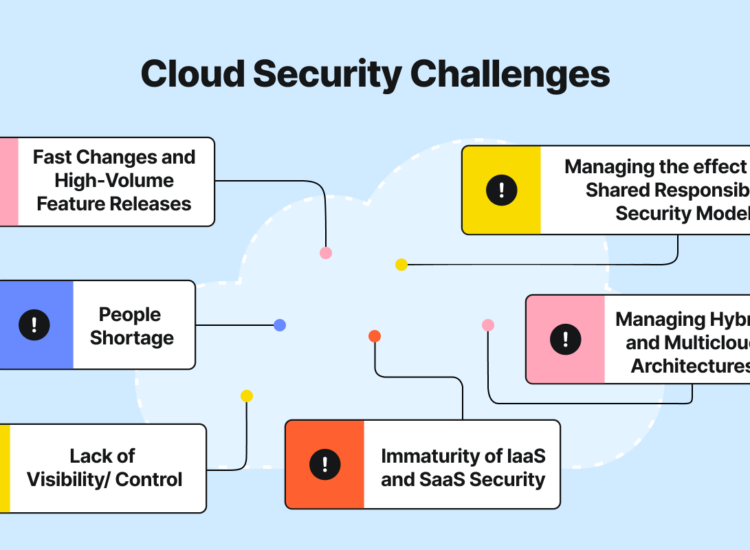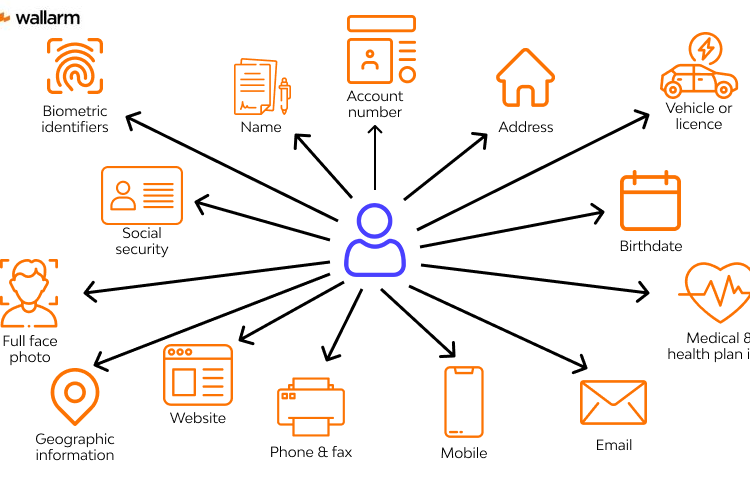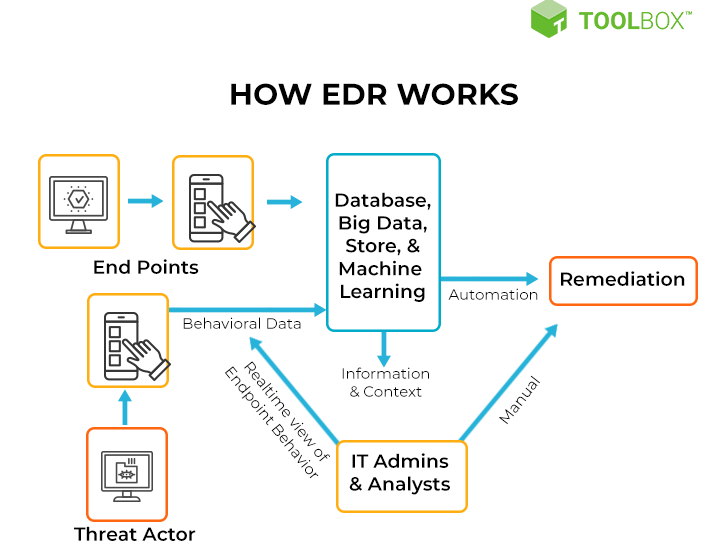A school district grappling with declining test scores and teacher burnout made a pivotal decision by hiring a superintendent with an EdD in educational leadership. This case exemplifies the transformative power of advanced degrees in addressing real-world educational challenges. This comprehensive guide explores doctorate programs in education, focusing on how these degrees prepare individuals for influential leadership roles within the field.
Toc
- 1. Understanding Doctorate Programs in Education: A Comprehensive Overview
- 2. Types of Doctorate Programs: Navigating Your Educational Journey
- 3. Related articles 01:
- 4. Career Paths and Specializations in Educational Leadership
- 5. Financial Considerations and Funding Strategies
- 6. Selecting the Right Doctorate Program: Critical Considerations
- 7. Navigating the Application Process
- 8. Emerging Trends Shaping Doctoral Programs
- 9. Conclusion: Transforming Education Through Advanced Degrees
- 10. Related articles 02:
Understanding Doctorate Programs in Education: A Comprehensive Overview

The landscape of education is continually evolving, and professionals seeking to make a meaningful impact increasingly turn to advanced degrees. Doctorate programs in education provide multiple pathways for educators to enhance their expertise, leadership skills, and career opportunities. The need for skilled educational leaders is driving the demand for advanced degrees, making it essential for current educators to understand their options.
Types of Doctorate Programs: Navigating Your Educational Journey
Doctorate programs in education primarily encompass three main types: the Doctor of Education (EdD), Doctor of Philosophy (PhD), and Education Specialist (EdS). Each program caters to different career goals and focuses on various aspects of education.
Doctor of Education (EdD): Practical Leadership Transformation
The Doctor of Education (EdD) stands out as a dynamic degree designed for educators seeking practical, real-world impact. Unlike traditional academic routes, this program emphasizes hands-on leadership skills, policy development, organizational management, and the direct application of research to educational challenges.
The EdD is particularly suitable for current educators looking to assume leadership roles in schools, districts, or higher education institutions. This program prepares graduates to navigate complex educational environments and implement effective change strategies.
Research Focus: EdD candidates often engage in applied research directly impacting educational practice, making their findings relevant and actionable in real-world settings.
Online EdD Programs: Flexibility Meets Professional Growth
Modern educators can now access flexible learning options, including:
- 1-Year EdD Programs Online: These accelerated programs allow students to complete their degrees in a shorter timeframe, making it ideal for those looking to advance quickly.
- Accelerated Doctoral Programs in Education Online: These programs typically require a more intensive study schedule but provide the benefit of graduating sooner.
- Cheapest Online Doctoral Programs in Education: Many institutions offer budget-friendly options, allowing educators to pursue their degrees without incurring significant debt.
- Doctorate in Education Online No Dissertation Tracks: These programs cater to individuals who prefer practical projects over traditional dissertations, focusing on applied research.
These innovative programs accommodate working professionals, allowing them to advance their careers without interrupting their current employment. The flexibility of online EdD programs has surged in recent years, making advanced education more accessible to a broader audience.
Doctor of Philosophy (PhD): Research and Academic Excellence
While the EdD focuses on practical application, the PhD in education drives theoretical advancement through rigorous research methodologies, theoretical framework development, and academic and research-focused career preparation.
Research Focus: PhD programs often emphasize the development of original research that contributes to the academic field of education. Students pursuing a PhD typically engage more deeply with educational theories and methodologies, preparing them for careers in academia, research institutions, or policy analysis.
2. https://bomnuocdailoan.com/mmoga-online-bsw-degree-programs-your-path-to-a-rewarding-career/
4. https://bomnuocdailoan.com/mmoga-higher-education-masters-programs-a-comprehensive-guide/
Education Specialist (EdS): Specialized Expertise Bridge
The Education Specialist (EdS) degree serves as a unique intermediate credential, offering specialized educational focus, a shorter commitment compared to full doctoral programs, practical skill enhancement, and a potential pathway to further doctoral studies.
The EdS is an excellent option for educators looking to deepen their expertise in a specific area of education without the extensive research component associated with a PhD or EdD. This degree can serve as a terminal degree or as a bridge for educators transitioning from a master’s program to a doctoral level.
Research Focus: EdS programs concentrate on specialized skills development within specific areas of education, equipping educators with the tools to effect change in targeted areas.
Career Paths and Specializations in Educational Leadership
Doctorate programs in education offer various specializations, allowing educators to tailor their studies to their interests and career aspirations. Some common specializations include:
Educational Leadership
Individuals pursuing a specialization in educational leadership often aspire to roles such as principals, superintendents, or district administrators. The EdD in educational leadership equips graduates with the skills to implement effective policies and drive organizational change. Salaries for these positions can vary significantly, with some leaders earning upwards of $150,000 annually, depending on their experience and the district’s funding.
Curriculum Development
Curriculum specialists play a crucial role in shaping educational programs and materials. Those with an EdD specializing in curriculum development can become curriculum directors, instructional designers, or teacher trainers. This path not only enhances educational effectiveness but also opens doors to leadership positions in various educational settings.
Instructional Technology
As technology increasingly permeates the educational landscape, the demand for specialists in instructional technology is on the rise. Educators with expertise in this area can assume roles focusing on integrating technology into the classroom, developing digital learning platforms, or providing professional development for teachers. This specialization is essential in preparing students for a technology-driven world.
Special Education
Special education is a vital area of focus within education, and an EdD in this field prepares graduates to advocate for and implement programs tailored to students with diverse needs. Career paths in special education can include roles as special education administrators, coordinators, or consultants. This specialization requires a deep understanding of educational policies and practices that support students with disabilities.
Educational Data Science
The growing field of Educational Data Science has become increasingly important, particularly in leadership roles. This specialization emphasizes the use of data analysis to improve student outcomes and inform policy decisions. Educators equipped with data science skills can leverage analytics to address educational challenges, enhance instructional methods, and make data-driven decisions that promote student success.
Other Specializations
In addition to the aforementioned areas, doctorate programs in education also offer specializations in higher education administration, adult education, and international education, among others. Each of these paths presents unique career opportunities and challenges within the educational sector. For example, higher education administration focuses on college and university leadership, while adult education emphasizes teaching and learning strategies for adult learners.
Financial Considerations and Funding Strategies
The cost of pursuing a doctorate in education can be a significant factor in decision-making. Tuition rates vary widely based on program format, institution, and location. Understanding the financial implications of various programs will help you make an informed choice.
Tuition and Investment Overview
- Average program costs typically range from $30,000 to $80,000, depending on the institution and program format.
- While potential fully funded EdD programs online are rare, they do exist, providing substantial support for dedicated candidates.
- Online EdD programs are often marketed as the cheapest online doctoral programs in education, offering more affordable options than traditional on-campus programs.
Funding Options
Numerous funding opportunities are available to support students in their pursuit of a doctorate in education. Scholarships, grants, and assistantships can significantly alleviate the financial burden. Here are some options to consider:
- Institutional Scholarships: Many universities offer scholarships specifically for graduate students in education programs.
- Federal and State Grants: Various grants are available to help cover tuition costs, especially for those pursuing careers in high-need areas.
- Employer Tuition Reimbursement: Some school districts and educational organizations offer tuition reimbursement programs for employees seeking advanced degrees.
- Graduate Assistantships: Working as a graduate assistant can provide financial support while gaining valuable experience in the field.
- Low-Interest Educational Loans: While loans should be approached cautiously, they can help cover the costs of a doctorate program when other funding options are not sufficient.
Return on Investment (ROI)
The potential increase in earning power after obtaining an EdD should not be overlooked. While the ROI of an EdD can be high, the opportunity cost of forgoing higher earning potential during the program years should be considered. A doctorate in education can lead to higher salaries and more advanced positions within the educational field. For many educators, the long-term benefits far outweigh the initial costs, making a doctorate a valuable investment in their career. The average doctorate in education salary can range from $70,000 to over $150,000, depending on the role and experience level.
Creating a Financial Plan
Budgeting effectively for an EdD program is essential. Consider your current financial situation, potential student loan debt, and the time commitment required for your studies. Creating a comprehensive financial plan will help you navigate this process more effectively and ensure that you can manage your expenses throughout your educational journey. Here are some tips for financial planning:
- Estimate Total Costs: Include tuition, fees, textbooks, and materials in your budget.
- Explore All Funding Opportunities: Research scholarships, grants, and assistantships early in the application process.
- Set a Budget: Determine how much you can afford to spend on your education each month.
- Consider Part-Time Work: If feasible, consider working part-time to help cover living expenses while studying.
Selecting the Right Doctorate Program: Critical Considerations
Choosing the ideal doctorate program in education requires careful consideration of several factors to ensure that the selected program aligns with your professional goals.
Evaluation Criteria
- AccreditationThe importance of program accreditation cannot be overstated. Ensure that the program you choose is accredited by a recognized agency, as this affects the quality of education you receive and the recognition of your degree in the job market. However, it is also crucial to weigh the program’s reputation and faculty expertise heavily, as these factors can significantly impact your educational experience.
- Faculty ExpertiseResearching the faculty involved in the program is crucial. Look for professors whose research interests align with your own, as this can enhance your learning experience and provide valuable mentorship opportunities. Faculty expertise often translates to a more enriching educational experience.
- Program Structure and FlexibilityConsider the structure and flexibility of the program. Some students may prefer the traditional on-campus experience, while others may benefit from the convenience of online or hybrid formats. Pay attention to course scheduling and the overall program length to ensure it fits your lifestyle. While 2-year EdD programs online and accelerated doctoral programs in education online may seem appealing, be mindful that these programs often require a heavier workload and more intensive study.
- Networking OpportunitiesNetworking plays a crucial role in career advancement. Investigate the program’s connections with alumni networks and professional organizations. Opportunities for collaboration, internships, and professional development can significantly enhance your educational experience and provide valuable career contacts.
- Dissertation or Capstone Project RequirementsUnderstanding the requirements for final projects is essential. Some programs require a traditional dissertation, while others may offer alternative options like a capstone project or a doctorate in education online no dissertation track. Evaluate your career goals to determine which option aligns best with your professional aspirations.
The application process for doctorate programs in education can be competitive, and being well-prepared is key to success.
Typical Admission Requirements
Generally, applicants are required to submit official transcripts, a personal statement, letters of recommendation, and, in some cases, standardized test scores. Each program may have unique requirements, so reviewing the specifics of each application process is critical. Here are some common components of the application process:
- Official Transcripts: Most programs require transcripts from all post-secondary institutions attended.
- Personal Statement: A well-crafted personal statement outlining your career goals and motivations for pursuing a doctorate.
- Letters of Recommendation: Typically, two or three letters from professionals or educators who can speak to your qualifications and potential for success in the program.
- Standardized Test Scores: Some programs may require GRE or MAT scores, though many institutions have moved away from these requirements.
Application Deadlines
Timing is essential when applying to doctorate programs. Many institutions have specific application deadlines, so it’s advisable to start preparing your materials well in advance. This will also give you ample time to seek out additional funding opportunities. Keep track of application timelines and set reminders for important dates.
International Student Considerations
International students may face additional requirements, such as proof of English language proficiency through tests like the TOEFL or IELTS. Understanding these requirements early in the application process will help ensure a smooth transition into the program. Additionally, international students should familiarize themselves with visa requirements and any additional documentation needed for enrollment.
Emerging Trends Shaping Doctoral Programs
As the field of education continues to evolve, several emerging trends are shaping doctorate programs:
- Increased Online Program Availability: The rise of online education has led to more institutions offering flexible, accessible doctorate programs in education.
- Greater Emphasis on Technology Integration: As technology becomes increasingly integral to education, programs are focusing on preparing graduates to leverage digital tools effectively.
- Interdisciplinary Approach: Many programs are adopting interdisciplinary curricula, encouraging collaboration across fields to address complex educational challenges.
- Focus on Social Justice and Inclusive Education: There is a growing emphasis on preparing educators to advocate for equity and inclusion within the educational system. Universities like Harvard and Stanford are incorporating social-emotional learning (SEL) and culturally responsive teaching into their curricula to better equip future leaders.
Conclusion: Transforming Education Through Advanced Degrees
Doctorate programs in education represent more than academic achievements—they are pathways to meaningful societal impact. By carefully selecting the right program, understanding financial strategies, and aligning personal goals with professional aspirations, educators can unlock unprecedented opportunities for leadership and innovation.
Your journey towards educational excellence begins with informed decision-making and a commitment to continuous learning. Explore, evaluate, and embark on your transformative educational leadership path today. Whether you pursue an EdD, PhD, or EdS, each program offers unique benefits that can enhance your career and impact the educational landscape. Take the next step in your professional journey and invest in your future as a leader in education.









